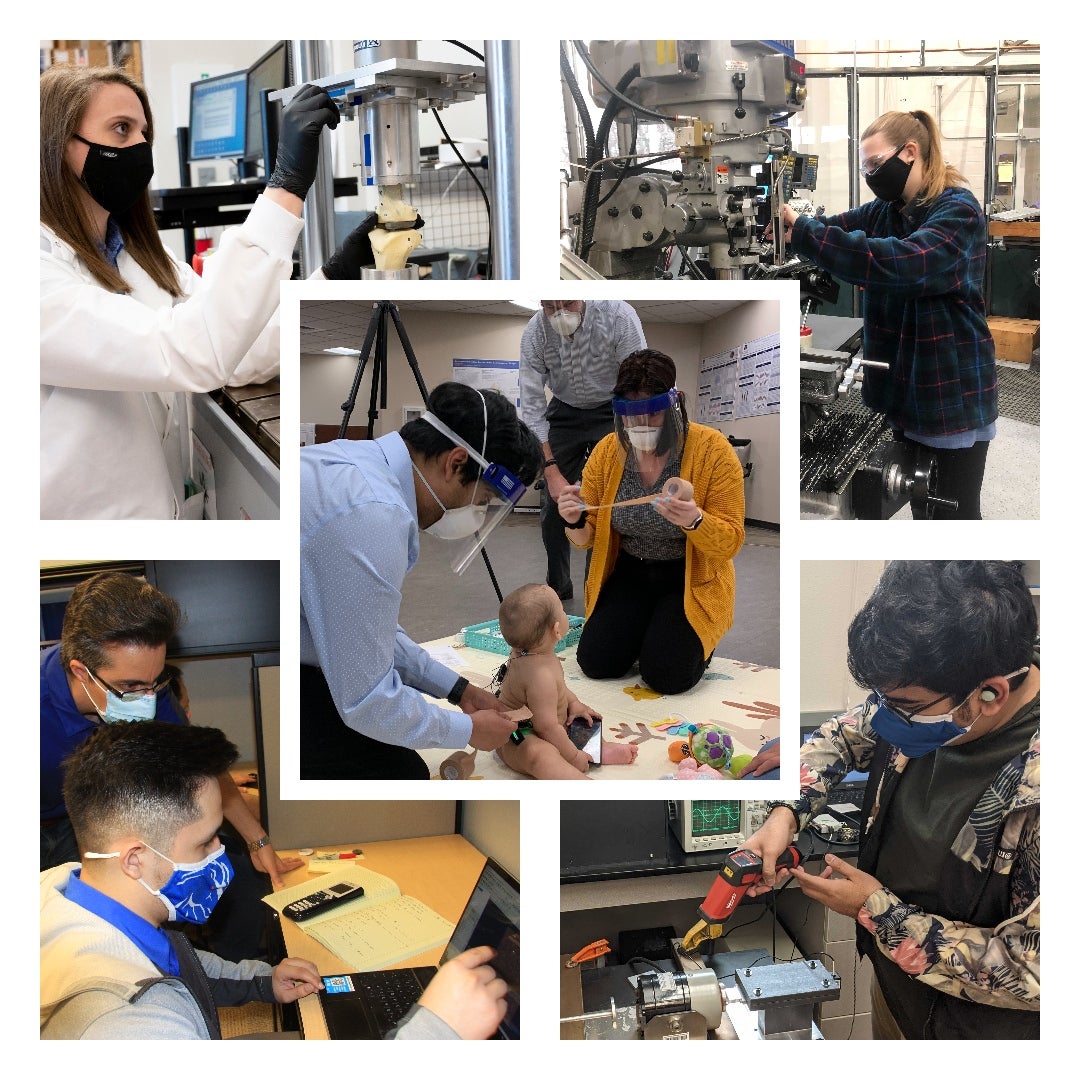
Students working with the (clockwise) Northwest Tissue Mechanics lab; Robot Controls lab; Mechanical Adaptations Lab; Computational Materials and Design lab; (center) Boise Applied Biomechanics of Infants lab.
Overview
The Research Internship in Mechanical & Biomedical Engineering is a fall program that gives Mechanical Engineering students a professional research experience that is not readily available through the standard undergraduate curriculum. Students accepted into this program will work on a research project in a research laboratory, where students will learn new techniques and concepts, and be able to apply their formal engineering knowledge to real-world challenges. By taking this course, students will earn 3 credits in ME493, which will count as an ME technical elective, and may also count as a technical elective for a minor degree (e.g. biomedical engineering minor). At the end of the research internship, students will submit a final report and will accomplish the following general learning objectives:
- Form testable research hypotheses.
- Perform experiments and/or analyze data to support a research project.
- Present project updates and research findings to researchers in a professional manner using written and oral communication.
Application Process
This internship program has limited availability and is a competitive selection process that is open to all Boise State University undergraduate students that have been admitted to the Mechanical Engineering major. Interested students will apply during the spring semester to start in the fall semester.
Eligibility Requirements
You must be admitted as an ME major before the internship begins at the start of the fall semester.
Important Dates
- April 26: Program announcement
- May 26: Application deadline
- July 1: Notification of decision
- Aug. 15: Selected students apply for an academic internship through the career center
- Aug. 23: Fall internship begins
- Dec. 10: Fall internship ends
Application Materials
The following application materials need to be emailed to Dr. Gunes Uzer (gunesuzer@boisestate.edu) no later than the deadlines specified above.
- Application form
- Statement of purpose (no more than 1 page). Articulate your academic preparation, your interest in mechanical and biomedical engineering research, and please include information on why you want to work in a particular lab. A list of participating labs is provided at the end of this document.
- Resume: Please include contact information for two references (prioritize past research or work experience if possible)
- Unofficial transcript
Note: All application material should be submitted as a single PDF.
Internship Period
The internship period coincides with the fall semester. The time commitment is 135 hours over the 15 week period (~10 hours/week).
Prior to starting the internship, selected students are expected to 1) apply for an academic internship through the career center by Aug. 15th (https://web.boisestate.edu/internships/), and 2) complete any safety training required for their project.
At the end of the internship period, students will submit a final report detailing the skills acquired from the internship, and whether the learning objectives were achieved. The internship coordinator, Dr. Krishna Pakala, will review the reports and assign a grade. Note: This is an unpaid internship that provides 3 credits for an ME technical elective. There is potential to be hired after the internship period in a paid position.
Participating Laboratories
Mechanical Adaptations Laboratory
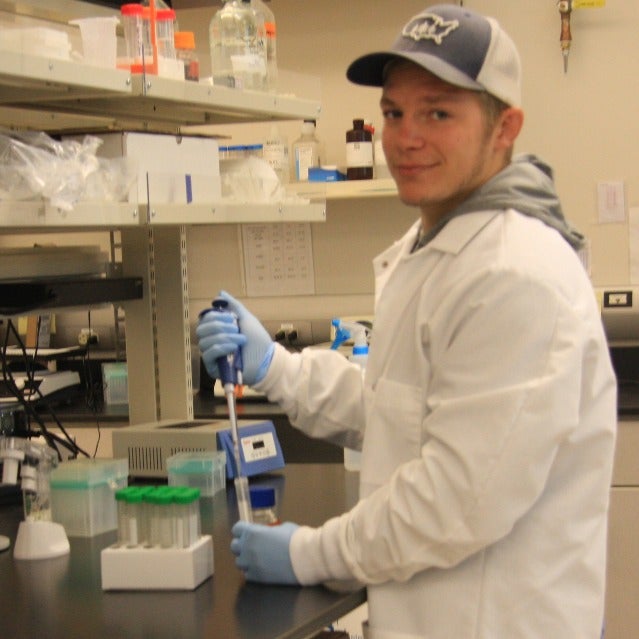
Lab Director: Gunes Uzer, Ph.D.
Department: Mechanical and Biomedical Engineering
Email: gunesuzer@boisestate.edu
Website: https://www.boisestate.edu/coen-mal/
Background
Studies in Mechanical Adaptations Laboratory (MAL) are directed towards understanding how changes in tissue mechanical environment in relation to exercise, injury, aging and disuse regulate musculoskeleton.
Our research employs biology, physics and engineering to identify the mechanical regulation of cells and tissues. In laboratory, we employ variety of bioreactors systems and 3D printing to study cell level effects of exercise, microgravity and aging.
Projects
Student interns will have a chance to work on both experimental methods including cell biology, microscopy, mechanical testing as well as computational methods like finite element methods and image analysis.
Required Skills
None-required, however, interest in understanding how biological systems work, experimental design and desire for cutting edge research are encouraged.
Northwest Tissue Mechanics Laboratory
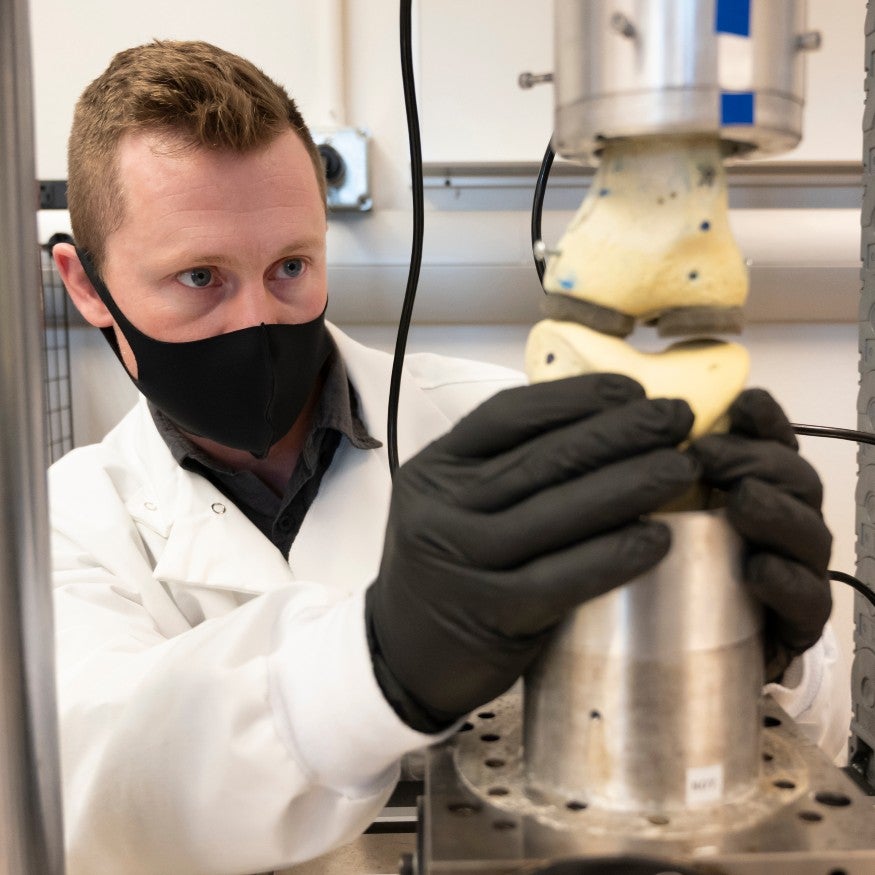
Lab Director: Trevor J. Lujan, Ph.D.
Department: Mechanical and Biomedical Engineering
Email: trevorlujan@boisestate.edu
Website: https://www.boisestate.edu/coen-ntm/
Background
The central mission of the NTM laboratory is to improve the well-being of individuals and societies by addressing persistent problems in musculoskeletal health. A core focus of our laboratory is to investigate how soft tissue responds to force during injury and repair, and to then translate this research into innovative medical solutions that are effective, practical and affordable. Our research utilizes experimental and computational methods, and we engage in interdisciplinary collaborations with biologists, engineers and clinicians.
Projects
Many of our research projects involve the mechanical characterization of
musculoskeletal tissues (e.g. ligament, tendon, meniscus, bone) using mechanical test systems and imaging technology. Student interns will have an opportunity to support one of our research projects by working with more senior staff in the laboratory.
Required Skills
Hard working, well organized and interested in biomechanics. Competency in the following areas is desired, but not required: mechanical testing, design, biology, computer programming, Labview, and SolidWorks
Computational Biosciences Laboratory
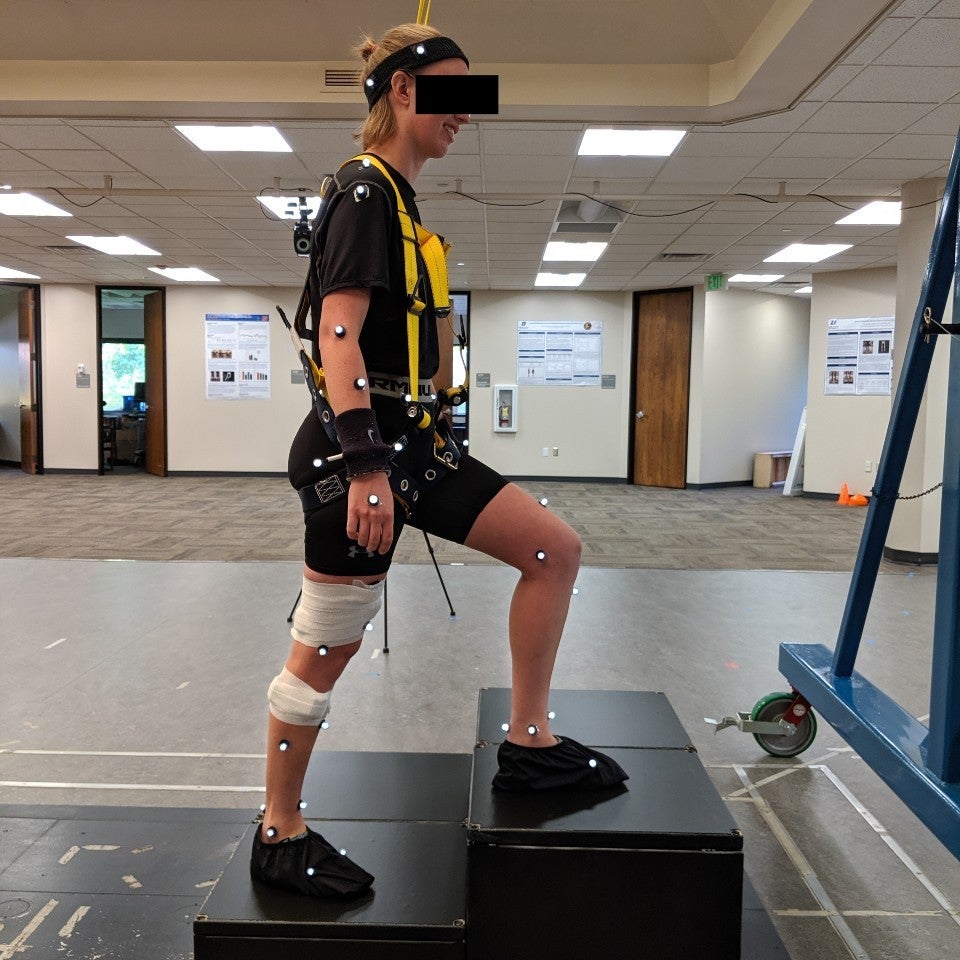
Lab Director: Clare Fitzpatrick, Ph.D.
Department: Mechanical and Biomedical Engineering
Email: clarefitzpatrick@boisestate.edu
Website: https://www.boisestate.edu/coen-cbl/
Background
Research at the Computational Biosciences Laboratory (CBL) at Boise State University focuses on applying computational models to understand the mechanisms of disease, injury and degeneration, and designing targeted treatment options and surgical interventions to address clinical issues and athlete performance. We work in close collaboration with surgeons and experimentalists to gather data to develop and validate our models, and then use these models to predict how our body will behavior during different activities, or how it may change as a result of injury or surgical intervention. The overall objective of this work is to improve quality of life and functional performance.
Projects
The Computational Biosciences Laboratory is working to utilize computational models on a subject-specific basis to optimize surgical treatment for individual patients. Students will learn how to reconstruct a 3D model of patient anatomy from medical images, how to predict muscle forces during activities from experimental data captured in the gait lab, and how to create and analyze finite element models of the human body.
Required Skills
Hard working, highly motivated. Competency in the following areas is desired, but not required: computational analysis, biology, Matlab.
Computational Materials Design Laboratory
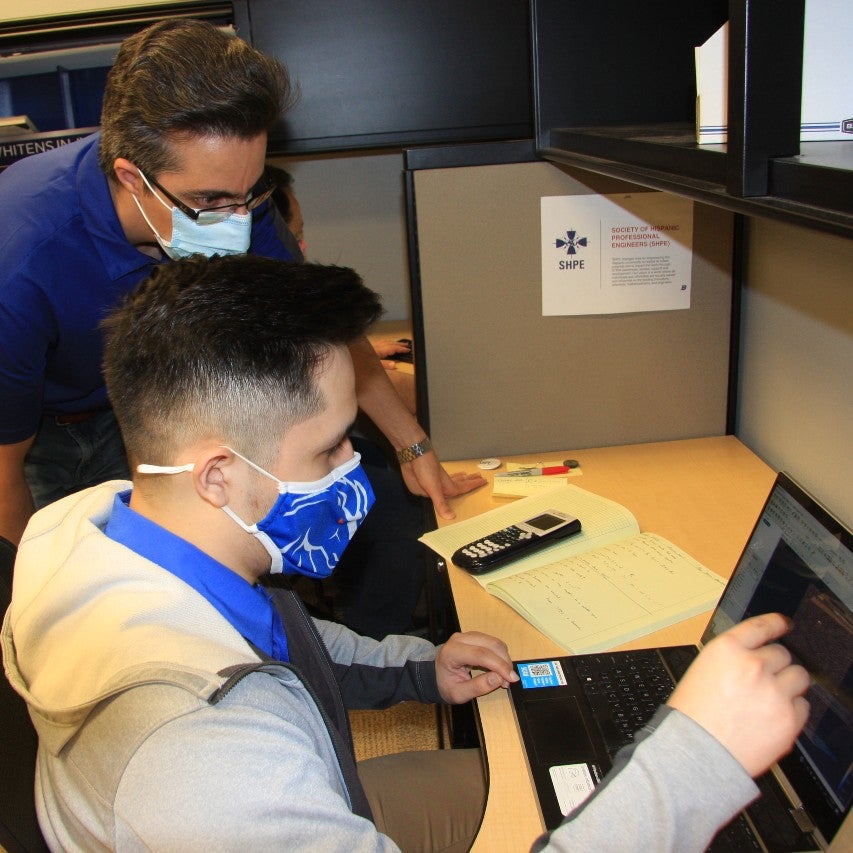
Lab Director: Mahmood Mamivand, Ph.D.
Department: Mechanical and Biomedical Engineering
Email: mahmoodmamivand@boisestate.edu
Website: https://mamivand.weebly.com/
Background
Computational Materials Design (CMD) lab is an interdisciplinary research group which encompasses Mechanical Engineering, Materials Science, and High-Performance Computing. The ultimate goal of CMD lab is to design novel materials with targeted performances for wide verity of industries including Aerospace, Nuclear, and Automotive. In CMD lab we use different computational techniques to develop predictive models for mechanical properties of materials under extreme environments.
Projects
In CMD lab we develop multiphysics models for materials. We use both in-house and commercial software packages in our research. Therefore, student interns not only can expand their computational/technical skills but also, they have the opportunity to get in touch with the cutting-edge research in materials design area which is one of the key focuses of most major industries.
Required Skills
Motivation and hardworking. Interest in solid mechanics, computational mechanics, and coding are encouraged.
Center for Orthopaedic Biomechanics and Research
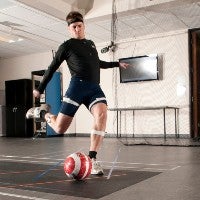
Lab Director: Tyler Brown, PhD
Department: Kinesiology
Email: tynbrown@boisestate.edu
Website: https://www.boisestate.edu/cobr/
Background
Research at Boise State University’s Center for Orthopaedic and Biomechanics Research (COBR) focuses on quantifying the neuromechanical – both iomechanical and neuromuscular – characteristics of human movement. Our research questions address understanding the mechanisms that lead to acute joint injury and long-term disability, and designing interventions to minimize these important clinical issues and maximize human – including athlete and soldier – performance. We gather experimental human movement data and conduct interdisciplinary collaborations with athletes, clinicians, and engineers to meet our research goals.
Projects
IThe COBR Laboratory utilizes state-of-the-art methodologies to quantify human movement. Students will learn how to conduct a 3D biomechanical analysis of movement using motion capture, inertial measurement units, and force platform technologies, and a neuromuscular analysis of movement using electromyography, isokinetic dynamometer, and ultrasound technologies. Our current projects focus on determining the neuromechanical characterstics of human movement with torso borne mass (such as equipment donned by a soldier or the excess mass borne by overweight and obese individuals) necessary to improve their physical ability and reduce their risk of injury. Going forward our efforts will focus on the real-time quantification of human movement, and the integrate modeling and simulation techniques to assess the impact of movement on an individual’s musculoskeletal system.
Required Skills
Interest in biomechanics and highly motivated to learn about the research process. Experience with Matlab and/or Labview is desired, but not required.
Robot Control Laboratory
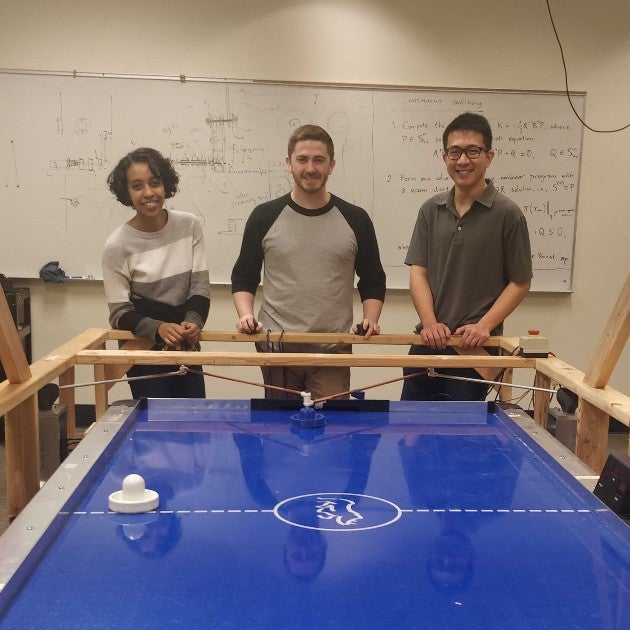
Lab Director: Aykut C. Satici, Ph.D.
Department: Mechanical and Biomedical Engineering
Email: aykutsatici@boisestate.edu
Background
The mission of the Robot Control Laboratory (RCL) is to enable robots to efficiently and robustly perform desired manipulation and locomotion tasks by designing low-level feedback control and estimation algorithms. This avenue of research lies in the intersection of dynamical systems, robotics, control, and applied mathematics. A core focus of our laboratory is to investigate how to perform manipulation with multi-agent robotic systems, devising robustly stabilizing controllers for hybrid mechanical systems, such as robots in intermittent contact with the environment. Our research is theoretical and experimental and we engage in interdisciplinary collaborations with biologists (bio-inspired robotics), engineers, and mathematicians.
Projects
Our projects involve modeling dynamical systems such as robots,finding control algorithms to have these robots to do interesting tasks (such as a multi robot system covering a given area, a swimming robot efficiently locomoting upstream, etc.), and implementing these algorithms on real robots. Student interns will have an opportunity to support on of our research projects by working with more senior staff in the laboratory and the professor.
Required Skills
Enthusiastic in robotics and control. Preferably interested in mathematics and has a decent grasp of linear algebra and differential equations. Hard-working and well-organized. Has a decent background in programming in either Python, Julia, or Matlab.
Smart Materials and Systems Laboratory

Lab Director: Mahmood Mamivand, Ph.D.
Department: Mechanical and Biomedical Engineering
Email: mahmoodmamivand@boisestate.edu
Website: https://mamivand.weebly.com/
Background
Computational Materials Design (CMD) lab is an interdisciplinary research group which encompasses Mechanical Engineering, Materials Science, and High-Performance Computing. The ultimate goal of CMD lab is to design novel materials with targeted performances for wide verity of industries including Aerospace, Nuclear, and Automotive. In CMD lab we use different computational techniques to develop predictive models for mechanical properties of materials under extreme environments.
Projects
In CMD lab we develop multiphysics models for materials. We use both in-house and commercial software packages in our research. Therefore, student interns not only can expand their computational/technical skills but also, they have the opportunity to get in touch with the cutting-edge research in materials design area which is one of the key focuses of most major industries.
Required Skills
Motivation and hardworking. Interest in solid mechanics, computational mechanics, and coding are encouraged.
Thermal Transport and Solar Energy Laboratory
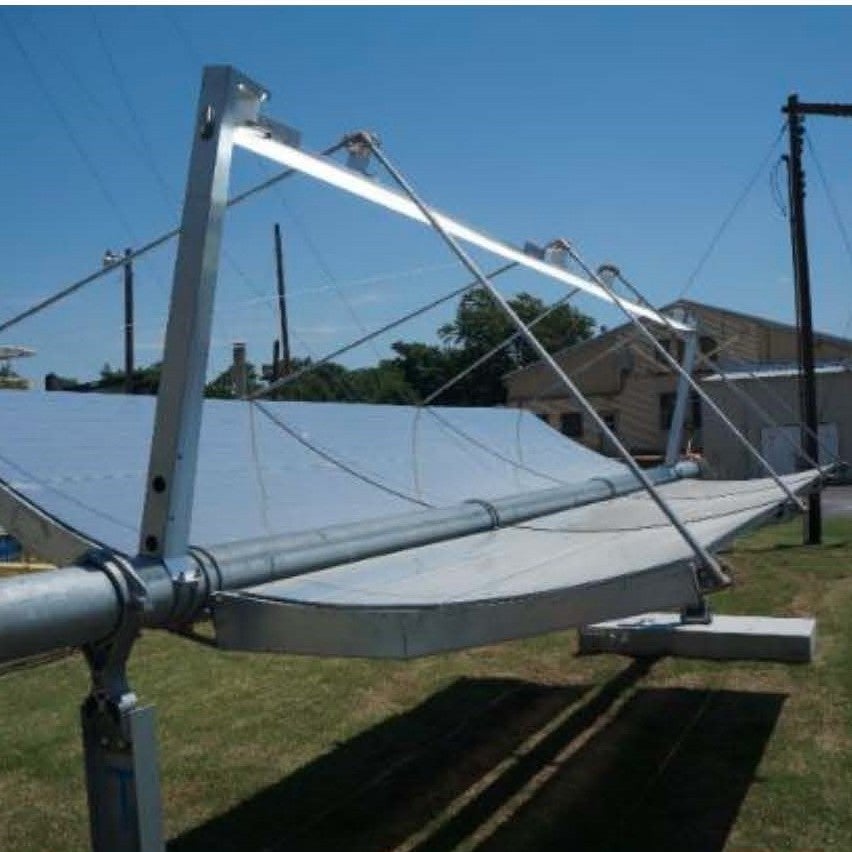
Lab Director: Todd Otanicar, Ph.D.
Department: Mechanical and Biomedical Engineering
Email: toddotanicar@boisestate.edu
Website: https://www.boisestate.edu/coen-ttsel/
Background
Research in the Thermal Transport and Solar Energy Lab (TTSEL) is focused on the intersection of thermal and mass transport with a variety of different energy systems. Our research has investigated radiative properties of nanoparticles, erosion in high temperature environments, desalination, and the design of hybrid thermal/photovoltaic solar collectors. Our current focus areas are high temperature solar thermal energy, thermally driven desalination, and enhanced heat transfer.
Projects
We have a variety of projects on which an interested student can work. Current projects are focused on high temperature particle properties for solar thermal energy, novel receiver designs for high temperature solar thermal systems, solar driven desalination, and enhanced heat transfer from drops. Depending on the project students will have the opportunity to learn new computational and/or experimental tools.
Required Skills
None required. Students who want to learn new things and work beside other hard working students are desired.
Boise Applied Biomechanics of Infants Laboratory
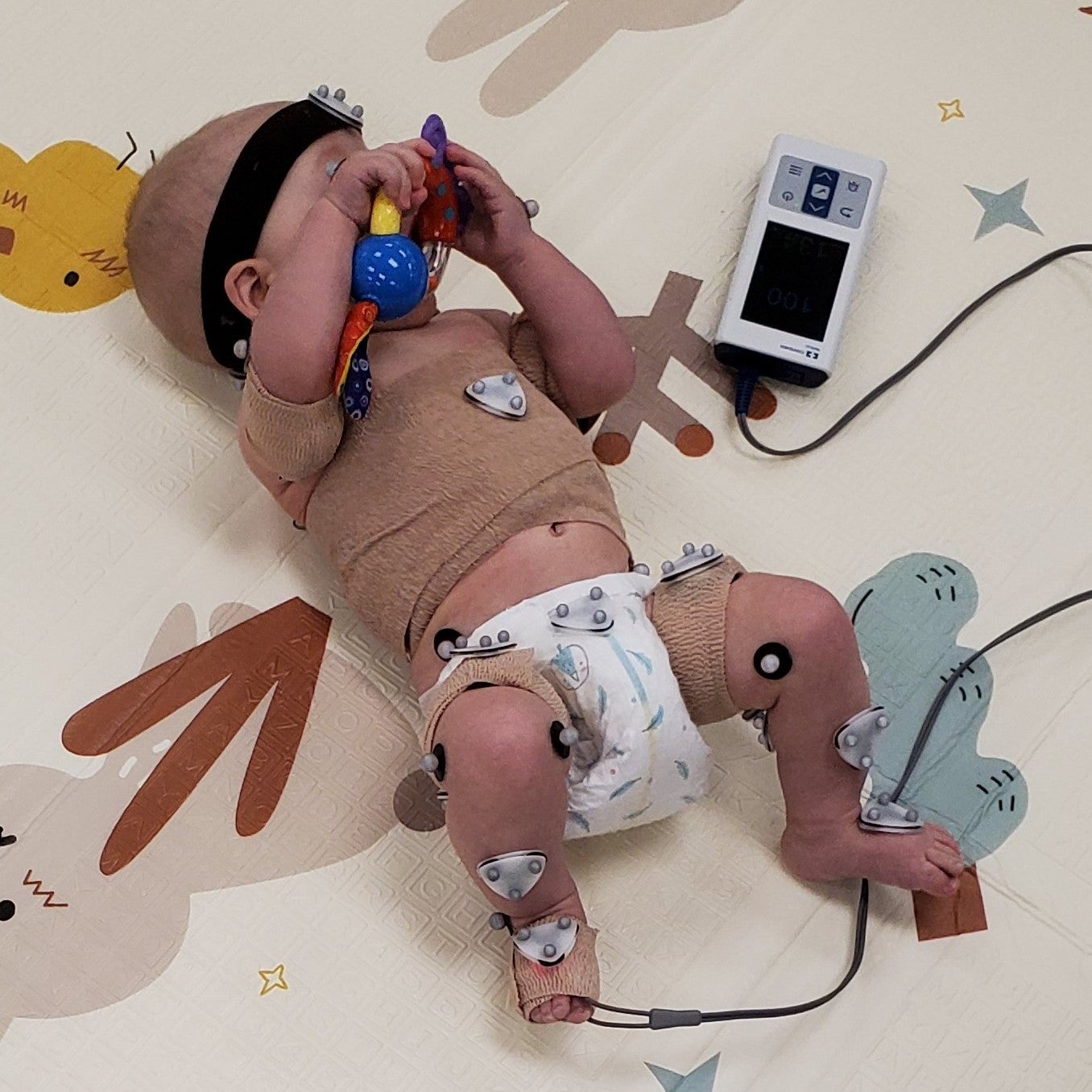
Lab Director: Erin Mannen, Ph.D.
Department: Mechanical and Biomedical Engineering
Email: erinmannen@boisestate.edu
Background
We study babies! The goal of our research is to understand how infant biomechanics (i.e. how babies move and use their muscles) impacts musculoskeletal development and safety. Specifically, our team hopes to improve understanding and treatment of infant hip dysplasia and abnormal spine development, and seek to understand how common baby gear impacts infant movement and safety. We utilize biomechanical experimental techniques such as motion capture, electromyography, force platforms, and image analysis to quantify infant movement. Our collaborative research relies on multidisciplinary teams of orthopaedic surgeons, pediatricians, and creative engineers.
Projects
Our current projects include (1) understanding of the coordination required to achieve developmental milestones, (2) quantification of forces and movements in current developmental hip dysplasia treatment methods, (3) improvement and validation of an infant breathing mechanical model, (4) assessing breathability (i.e. suffocation risk) of various infant products, and more.
Required Skills
People skills – we work directly with human subjects, so it is critical that you are patient, warm, kind, and energetic. Competency in dynamics, Matlab, and experimental methods is desired but not required.